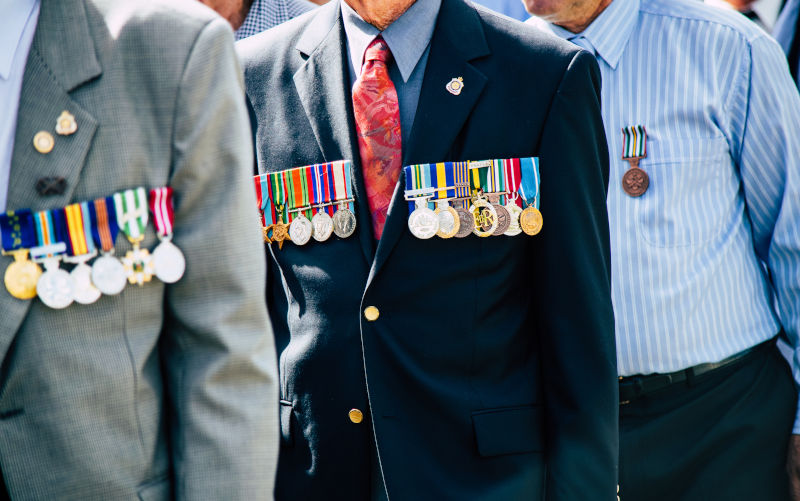Remembering Vietnam and Australia at 50
June 24, 2023
This is a story of five decades, from 1973 to 2023. Diplomatic relations between Australia and the then North Vietnam were established on 26 February, 1973. It has history. Early this year marked its fiftieth anniversary, otherwise mostly ignored.
The Commonwealth of Australia had then created political ties with the Democratic Republic of Vietnam (which later styled itself as the Socialist Republic of Vietnam in 1976). The Australian Embassy, Hanoi was raised earlier, in mid-1973.
Against that independent sovereign decision, it should be remembered. Australia has had a long standing political relationship with the Republic of Vietnam, also known as South Vietnam. Ties with Saigon were created in 1952, when the French had yet to cede power to an independent South Vietnam. Their folly at Dien Bien Phu in 1954 created a fixed image in their mind. C’est un rêve impérial fou.
The Republic of Vietnam was formed in 1955. Official contacts were limited, but would slowly grow. The RAN despatched several of its war ships on diplomatic (soft power) port visits in the period from 1956 to 1963. Some aid was transferred and links grew. Australia’s military involvement commenced in mid-1962. A military training team was tasked to support their combat forces. By 1965, the conflict had escalated. An Australian battalion joined the war to support the US. More followed.
After a decade of combat, the Australian contribution was significant, primarily with rotating infantry battalions and other fighting units. The RAN and RAAF would also support the army and its allies in Vietnam. Many young national servicemen also served, representing 40 % of fatalities. The war had created 500 plus “gold star mothers” in Australia. Cruel indices configuring over 50, 000 who served.
The election of the Labor Government in late 1972 detonated the Australian political and social consciousness. It was time, all out? No. There exist sententious arguments from critics who aver that the Coalition Government ceased Australia’s military contribution, with the withdrawal of the majority of infantry soldiers, by early 1972. That would surprise a residual training team still embedded in a combat zone.
Defence policy should not be conflated with foreign policy. The Coalition did not end the Vietnam War. Out of office, they had no influence to do so. Gough Whitlam wanted the adviser’s home by Christmas. To the delight of their families, he made it so. Yet the embassy escort and guard platoon lingered longer, until withdrawn by mid-1973. The RAAF would return in 1975, in key humanitarian missions.
The above preamble is advanced to provide context from which one can draw perspective. Last January was the anniversary of the so-called Peace Paris Accord, which was anything but. La Lutte continue (the war went on, to 1975). More people would die. History was being played out among civilians who wanted no share in it.
Is South Vietnam now a country of the mind? No. Many veterans remain wounded in body, mind and spirit. Australia’s Diaspora of former South Vietnamese citizens still remember it, fifty years on, with their tortured memories. Along with veterans, try hard as they might to forget, it’s a false gesture, for their sad loss. Relations have to improve, and we should hope so, for their betterment of all. Time is a clock in your heart, but it must keep ticking, to survive. What is the alternative?
That was then, and this is now. How can one reflect and comment on a lost war? In the tradition of post-modernism, the above has not essayed the last fifty years. Any account of the diplomatic relationship is present by its absence. This historian of diplomacy is more alive to the antecedents of the exegesis of the political ties. The political scientists among us are better qualified to rate its overall development.
Policy does not exist in a vacuum. Its formation is vectored by a multitude of forces, which are not always within immediate control. They remain to be managed if they are insoluble. This account is overly long for it describes, but does not explain, the current state of diplomatic ties between two once warring states, and its progress. Have antagonists become protagonists? Live in the present, trust in our joint future. The past is history. We can not change its denouement, but exist only to learn from it.
Accentuate the positive. Diplomacy is not unlike romance. One can hate and love another at the same level, but for different reasons. One theme remains missing-in-action. How did the US react to Australia’s unilateral foreign policy decision to forge diplomatic relations with communist North Vietnam? Dr Henry Kissinger and President Richard Nixon were apoplectic. The ink had dried on the accord, but blood would and did flow. Mark this commemorative milestone to recognise the positive contribution of the Vietnamese Diaspora in Australian society. They have dignity and enterprise. One world ended on 30 April, 1975. Remember them, too, on Australia Day. Our forces acted with a nobility of purpose. Honour them all every Anzac Day.

